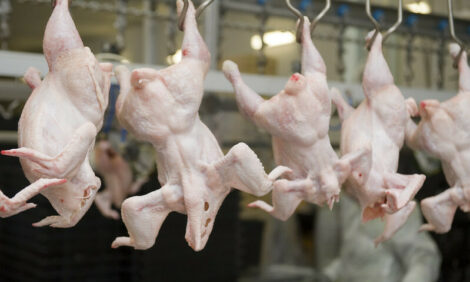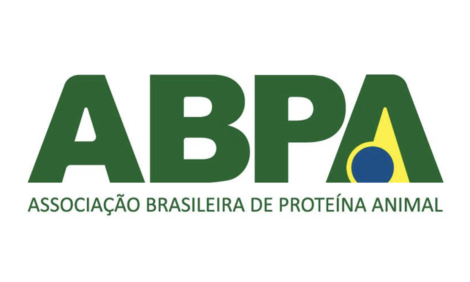



Rethink Response to Diseases, Ministers Urged
EGYPT - Ministers will be urged to rethink rather than repackage $2 billion global response to infectious diseases at a forthcoming international conference on avian flu and other possible pandemics in Sharm-el-Sheikh.As the first globally coordinated plan for the planet's gravest health threats is hatched by government ministers from around the world this weekend, a new report sets out a 10-point plan for this new, globalised approach to infectious diseases such as avian flu, reports News-Medical.
Ministers of health and agriculture will formulate a global plan to prepare for, and respond to, the threat of avian flu and other emerging infectious diseases at the International Ministerial Conference on Avian and Pandemic Influenza in Sharm-el-Sheikh, Egypt on 24-26 October.
The plan - called the 'One World, One Health' initiative - aims for an unprecedented integration of animal, human and ecosystem health issues to fight the threat of the avian flu virus, H5N1.
A new report by Professor Ian Scoones and Paul Forster of the ESRC STEPS Centre at the UK's Institute of Development Studies lays out 10 key recommendations for 'One World, One Health', based on analysis of lessons learned from the massive $2bn international response to the avian flu over the past five years, during which time 245 people have died.
According to the report, The International Response to Highly Pathogenic Avian Influenza: Science, Policy and Politics - ministers need to rethink current ideas in order to achieve an effective, equitable and resilient international plan of response to emerging diseases.
The recommendations include rethinking disease surveillance, redefining health security, new responses to uncertainty and ignorance, emphasising access and equity as well as questions of organisational architecture and governance.
"The 'One World, One Health' initiative is a radical departure from the conventional sectoral approaches to health. It is essential, but presents many challenges. We have identified 10 challenges for the way ahead, and urge ministers to rethink rather than repackage their measures. 'One World One Health' needs to be more than 'old wine in new bottles'," said Professor Ian Scoones, IDS Fellow and co-director of the ESRC STEPS Centre.
Over the last decade, the avian flu virus, H5N1, has spread across most of Asia and Europe and parts of Africa. In some countries - including Indonesia, China, Vietnam, Bangladesh, Nigeria and Egypt - the disease has become endemic. Although 245 deaths have been reported since 2003 there has, as yet, been no human pandemic. But somewhere, some time, a new emerging infectious disease will have major impacts, given changing disease ecologies and patterns of urbanisation and climate change.
A major international response, backed by over $2 billion of public money, has affected the livelihoods and businesses of millions. Markets have been restructured, surveillance and poultry vaccination campaigns implemented, and over two billion birds have died or been culled. Simultaneously substantial investment has been made in human and animal health systems and developing drugs and vaccines.
In many countries pandemic contingency and preparedness plans have been devised. Yet coordination at country level has been found wanting; rivalries between professions and organisations persist; and funding and capacities for an effective and equitable global responses to a pandemic remain weak.
The themes addressed in this report are being explored as part of a project on avian influenza policy responses in Cambodia, Indonesia, Thailand and Vietnam, in collaboration with the UN Food and Agriculture Organisation. They are central to the ESRC STEPS Centre's research programme on ecology, politics, policy and pathways to sustainability, concludes the News-Medical report.
Further Reading
| - | You can visit the Avian Flu page by clicking here. |








